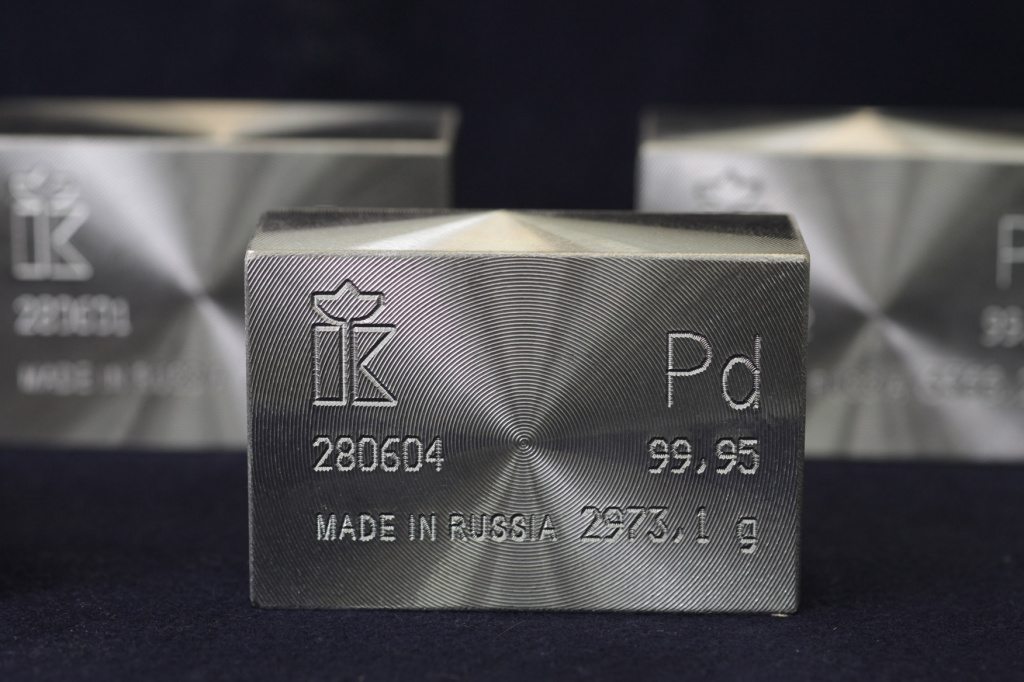Guinea’s mining minister says there will be Simandou deal, talks go on

Guinea is in constant talks with Rio Tinto and Chinalco to finalise a deal on the Simandou iron ore project, its mining minister said on Tuesday, adding he was confident an agreement would be reached.
Rio Tinto said in October 2016 said it had signed an outline agreement to sell its major stake in Simandou to Chinalco, a move many hoped would revive the long-stalled scheme.
Mines Minister Abdoulaye Magassouba said he was confident a deal would be achieved. He gave no indication of how much more time was needed, but said that as soon as the parties had agreed, the project would be relaunched.
“We are working with Rio Tinto, with Chinalco to finalise the definitive accords, but it’s normal for so big a project that things can take a bit longer than expected,” he said in an interview.
A Rio spokesman had no comment, but the company’s CEO has said in the past that talks were ongoing when asked about the delay in completion.
Chinalco could not immediately be reached for comment.
Billions of tonnes of some of the world’s highest-grade iron ore lies under the remote forested hills of Simandou, but to transport it to Guinea’s coast would cost $23 billion in infrastructure upgrades, according to government estimates.
The minister was speaking in London after two days of talks to meet potential investors in Guinean mining and beyond.
As well as iron ore, Guinea holds some of the world’s richest bauxite, some of which is being developed by sanctions-hit Russian aluminium producer Rusal.
Last month Rusal said it had started shipping bauxite from its Dian-Dian bauxite project in Guinea and days later restarted production at its Friguia alumina refinery, also in Guinea.
“We are confident the situation will improve, the situation will thaw,” Magassouba said when asked whether sanctions could disrupt operations.
Rusal shareholders elected a new board of directors last month in an effort to appease the United States and get the restrictions lifted.
(Reporting by Barbara Lewis; additional reporting by Polina Devitt in Moscow and Tim Cocks in Dakar; Editing by Mark Heinrich)
{{ commodity.name }}
{{ post.title }}
{{ post.date }}




Comments